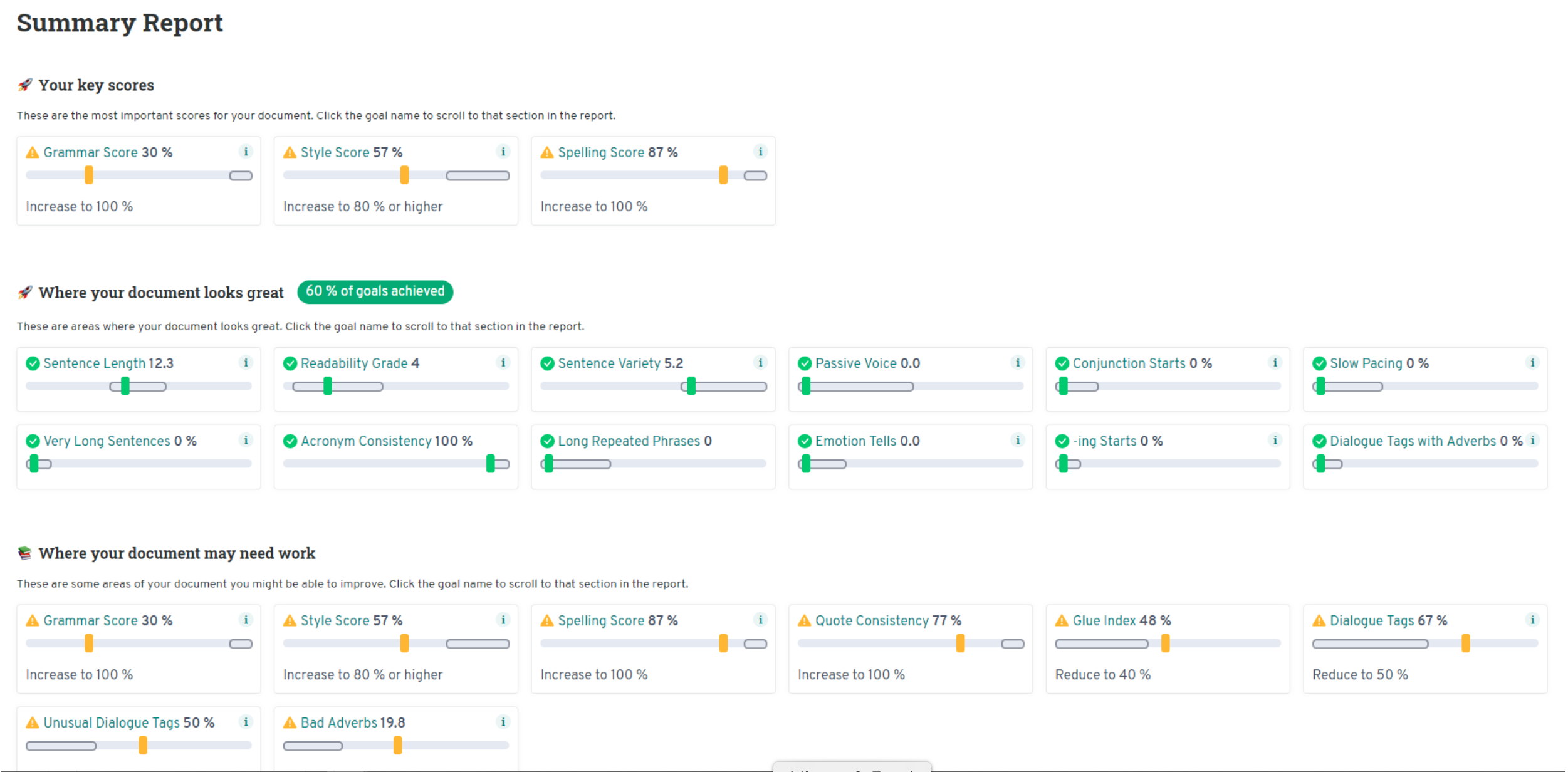
Writing is an art. It’s creative, thoughtful, and challenging. Never is that last part truer than when you’re stuck writing from home during a pandemic.
Writers thrive when they can access perpetually changing scenery to keep their minds busy. The hum of a coffee shop and the inspiring view of a beautiful landscape can be the perfect solutions to a drained brain. But how do you stay motivated when your most “inspiring” view is a desk in your bedroom for months on end or a shift from your home office to the kitchen table?
If you’re struggling with writer’s block while working from home, here are five suggestions for quick and easy ways to grease the wheels and get that creativity flowing again.
1. Switch Things Up
One of the best ways to keep your creativity flowing is by switching from one activity to the next, or even simply between projects. That’s how Isaac Asimov managed to publish 500 books in his lifetime.
While getting into a flow is an important part of the writing process, it’s professionally recommended that you spend no more than two hours working on a single project. If you find yourself hitting your head against the wall, shift to another project, take care of some bills, fold the laundry, or even try making up something on the spot that you never planned to write. The simple act of moving between tasks may be all you need to get going again.
2. Take a Break
Sometimes writer’s block can develop over a prolonged time without a change of scenery. If you find that no matter what you do, you can’t get writing again, consider taking a purposeful and planned break. Set a timer, get up, and leave your writing station.
Now, to be clear, this shouldn’t necessarily be your primary go-to option. Often breaks can be a bit of a double-edged sword. However, if you are disciplined about returning to your desk afterwards, a break can be the perfect chance for your mind to catch up and recover.
3. Set (or Reset) Goals
Goals are an important part of a prolonged writing process. If you find that working from home has dried up your creativity, you may want to think about setting a few goals. This can provide gentle and controlled pressure as you attempt to keep things moving forward in your professional isolation.
If you don’t have goals already, set a simple one, such as finishing a blog post or a chapter outline by the end of the day. If you already have goals, take some time to review and reflect on them. If they are unreasonable (or even simply neglected to take writer’s block into account), make adjustments and then reorient yourself with your new objectives in mind.
You can use ProWritingAid’s Summary Report to help set editing goals for yourself. The new report (which will be available to all users soon) will show you where your writing is looking good, and where it might need some improvements. Once you have an overall view of what you need to work on, run the individual ProWritingAid reports for each section to get started.

4. Get Some Exercise
Exercise isn’t just good for your physical condition. It’s also an incredible way to tap into endorphins that help you release pent up stress and even overcome anxiety and depression — all three of which can come on pretty strong when you’re struggling with writer’s block.
If you aren’t already getting exercise regularly, look for ways to integrate it into your regimen. Go for a jog after work. Walk the dog for half an hour each morning. Heck, if you’re really tight on time, you can even get moving at your desk by using an exercise ball or standing while you work.
5. Create a Healthy Environment
Finally, even if you find temporary ways around your writer’s block, if you don’t proactively take long-term measures to prevent it, chances are it’ll creep back into the picture sooner or later.
With that in mind, try to make an effort to fill your home office with good, writing-inducing vibes, such as:
- Maintaining plenty of healthy (natural if possible) lighting
- Including green plants and natural elements
- Painting the walls a creative yellow hue
- Providing an area, such as a comfortable chair, where you can take breaks
Taking time to invest in your work environment will be well worth the effort. The truth is, sooner or later, writer’s block will make an appearance again. However, if you have a well-lit, comfortable, creativity-focused space to work in, you can kick that stagnation to the curb and keep right on typing.

Finding Your Creative Flow Again
As a writer, being creative is essential, and if you find your creativity stifled, it can be paralyzing. Fortunately, all it takes is a little ingenuity to get that creative spark back again.
Whether you’re taking a break to stroll down the road, getting some exercise, having a conversation, or anything else, use the above list of activities to inspire and engage your mind. Then, once those gears are turning again, return to your passion for composing fantastic copy day in and day out.


